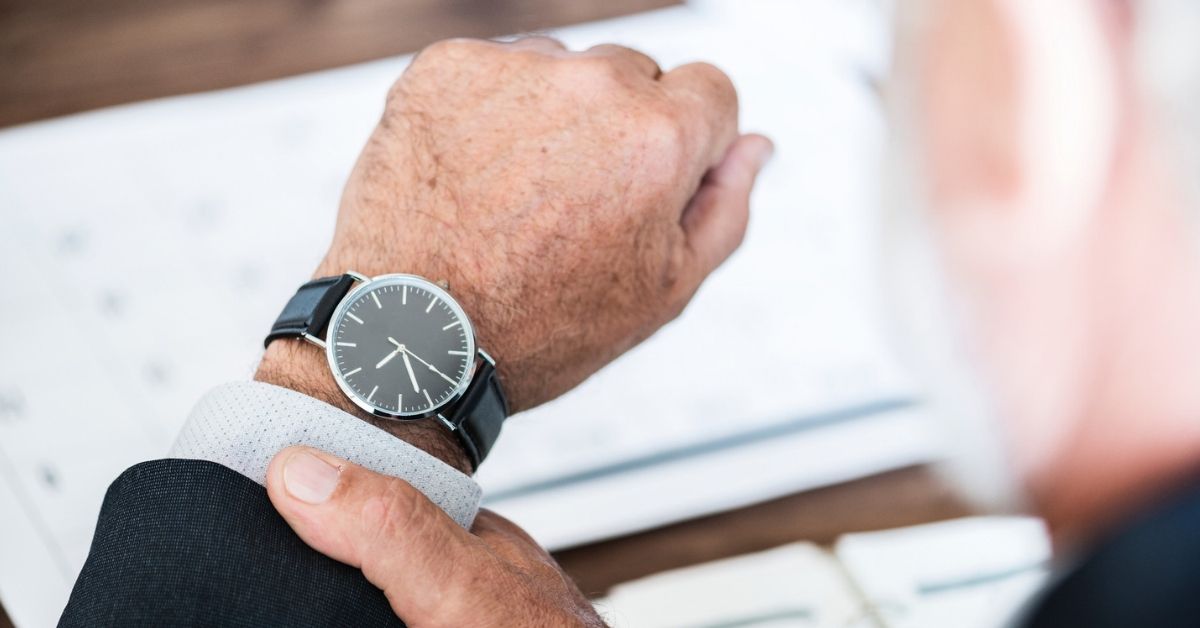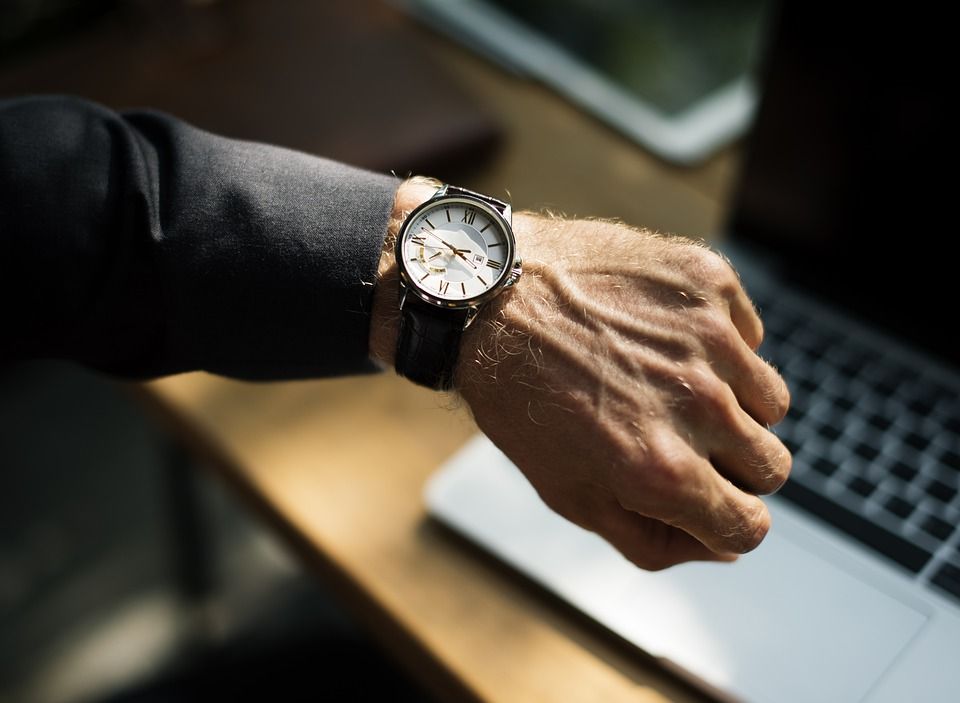Everyone knows at least one person who is chronically late. No matter what the event is, they will show up at least 15 minutes after they were supposed to be there.
It's frustrating to those who are always on time, but now the people who are fashionably late have a really good point in their favor. People shouldn't complain that you're late because you can claim that's it's good for your health.
A study showed that chronically late people are healthier than their time conscious friends, and it can even help them live longer.
The researchers discovered that people who are late have lower blood pressure, lower levels of depression, fewer chances of a stroke, and better overall cardiovascular health. This means that the people strolling into the party late are going to live a longer, happier life than those who were there at the time set on the invite.
Their benefits don't stop there though. The reason their late isn't because they don't care about schedules necessarily, researchers found that the biggest indicator that someone would be late was related to the level of optimism they showed. More optimistic people tended to believe they could make it on time or fit in all those tasks in one day, and even though it rarely works out for them, that optimistic attitude comes in handy in other ways.
Harvard Health Publishing explained that optimism gives people an edge when it comes to recovering from surgery and diseases. "Research tells us that an optimistic outlook early in life can predict better health and a lower rate of death during follow-up periods of 15 to 40 years."
Those with Type A personalities are usually the ones who are on time, while those with Type B personalities are most likely late, but part of the reason why may be due to the way they process time.
A study found that when asked to give their best estimation of a minute without looking at a clock, Type A people felt like a minute passed at 58 seconds, while Type B people felt like a minute passed in 77 seconds.
This extra time adds up over a day, and even if they started off on time, those extra seconds slowly put them behind. But, at least now they have the relief of knowing that being late is actually good for their health.
Source - Harvard Health / Scary Mommy / Science Alert




